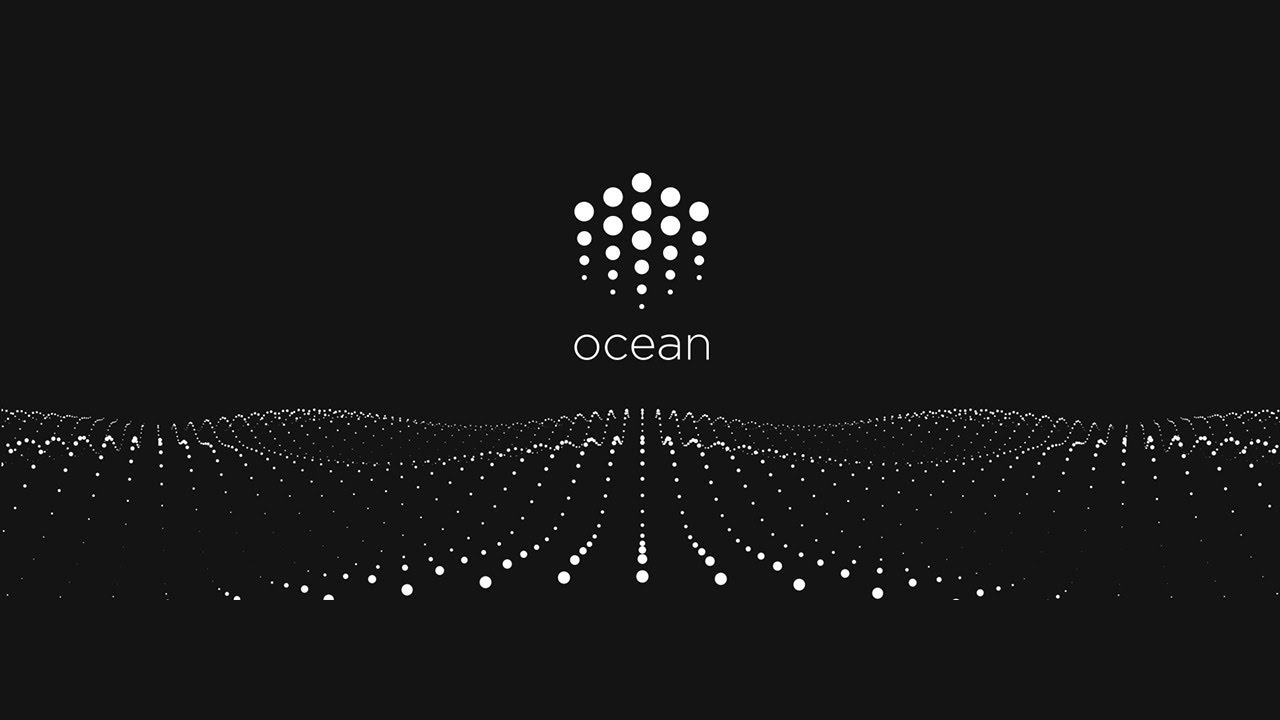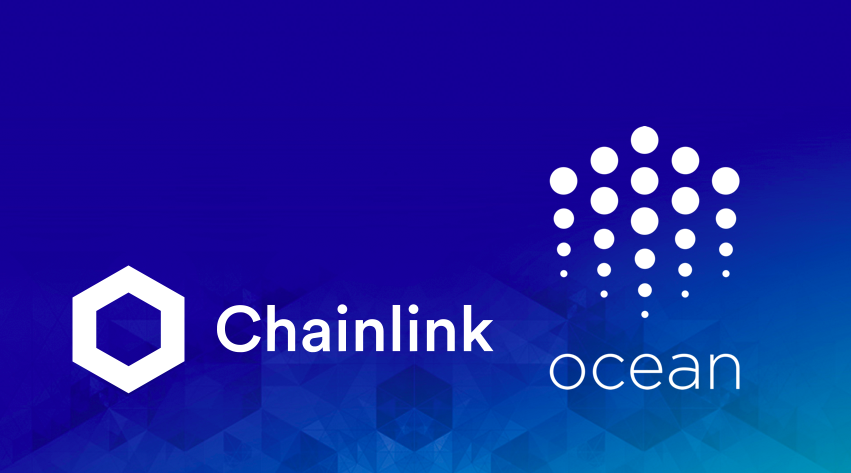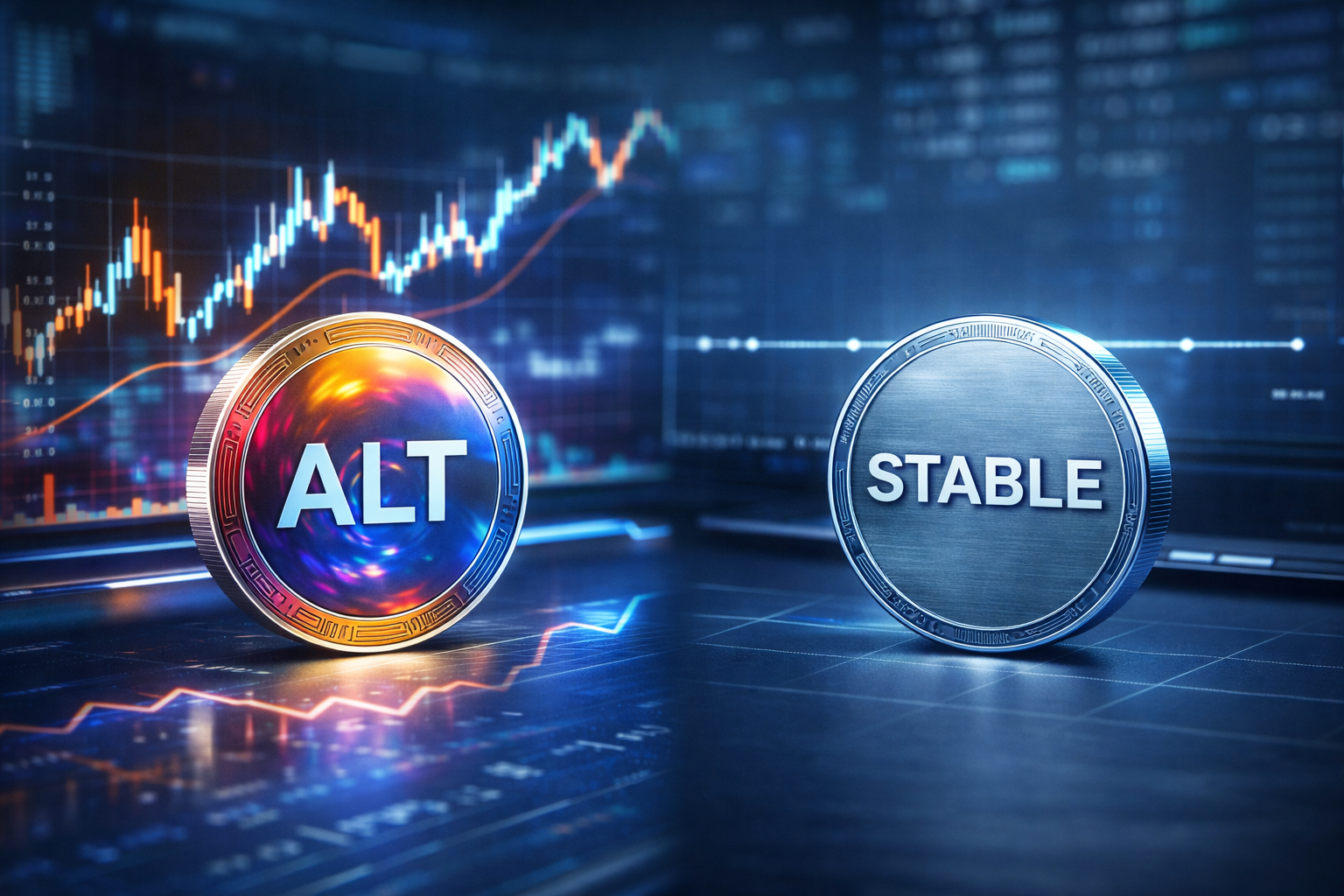
James Carter
What is the Ocean Protocol?: A Comprehensive Overview

In today’s data-driven world, the ability to securely access and share data has become increasingly important. Ocean Protocol emerges as a decentralized blockchain-based ecosystem that addresses the challenges of data sharing, providing a framework for data owners to monetize their assets while enabling data consumers to access valuable and diverse data sets. This article aims to provide a detailed exploration of Ocean Protocol, covering its definition, key features, benefits, use cases, challenges, and future developments.
Overview of Ocean Protocol
Definition and Background
Ocean Protocol is a decentralized data exchange protocol built on blockchain technology, designed to unlock the value of data while ensuring privacy and security. It emerged from the recognition that data is often siloed and underutilized, limiting its potential impact on innovation and economic growth. By creating a decentralized marketplace for data, Ocean Protocol aims to facilitate data sharing and enable fair compensation for data providers.
Mission and Goals
The primary mission of Ocean Protocol is to democratize data and make it accessible to all stakeholders. It aims to foster a data economy where data is treated as a valuable asset, allowing for collaboration, innovation, and new business models to thrive.
Key Features and Components
Data Marketplace: At the core of Ocean Protocol is a decentralized data marketplace that connects data providers with data consumers. It enables the listing, discovery, and exchange of data assets, creating a dynamic ecosystem for data-driven collaboration.
Ocean Token: The native cryptocurrency of Ocean Protocol, called Ocean Token, serves as a medium of exchange within the ecosystem. It facilitates transactions between data providers and consumers, as well as incentives for network participants, fostering a self-sustaining economy.
Ocean Libraries and Tools: Ocean Protocol offers a range of libraries and tools that simplify the integration of data services and applications. These include Ocean.js, Ocean.py, and other software development kits (SDKs) that enable developers to interact with the protocol and build upon it.
Governance Mechanisms: To ensure the integrity and evolution of the ecosystem, Ocean Protocol incorporates various governance mechanisms. These mechanisms allow token holders to participate in decision-making processes, such as proposing and voting on protocol upgrades and improvements.

How Ocean Protocol Works
Data Providers and Consumers
Ocean Protocol accommodates two primary stakeholders: data providers and data consumers. Data providers can be individuals, organizations, or machines that possess data assets and wish to monetize them. Also Data consumers, on the other hand, seek to access and utilize diverse data sets for various purposes, such as AI model training, research, or business intelligence.
Data Tokenization and Monetization
Through Ocean Protocol, data assets can also be tokenized, transforming them into tradable and divisible units. This process allows data providers to retain ownership of their assets while creating data tokens that represent a share or access rights to the underlying data. Data tokens can be exchanged in the marketplace, enabling data monetization for providers while granting consumers access to the desired data sets.
Interactions between Stakeholders
Ocean Protocol also facilitates interactions between data providers and consumers through smart contracts. Providers also can list their data assets on the marketplace, specifying the terms and conditions for access. Consumers also can discover and access relevant data sets by paying with Ocean Tokens. Smart contracts automatically enforce the agreed-upon terms, ensuring transparency, security, and fair compensation for data providers.
Technical Architecture and Protocols
Ocean Protocol leverages decentralized technologies, including blockchain, smart contracts, and decentralized identifiers (DIDs), to ensure data privacy, security, and interoperability. It adopts the Ethereum blockchain as its underlying infrastructure, utilizing the ERC-20 standard for Ocean Tokens to ensure compatibility and ease of integration with other decentralized applications (dApps) and exchanges. Additionally, Ocean Protocol incorporates various technical protocols such as the InterPlanetary File System (IPFS) for decentralized storage and retrieval of data, and the Web Ontology Language (OWL) for semantic data interoperability.
Benefits of Ocean Protocol
Enhanced Data Sharing and Access
Ocean Protocol promotes data sharing by providing a decentralized marketplace that connects a wide range of data providers and consumers. This facilitates the exchange of diverse data sets, empowering businesses, researchers, and individuals to access valuable information that was previously inaccessible or difficult to obtain. By breaking down data silos, Ocean Protocol encourages collaboration and also drives innovation.
Increased Data Liquidity and Market Opportunities
By tokenizing data assets, Ocean Protocol enhances data liquidity, allowing data providers to monetize their assets in a more efficient and transparent manner. This also opens up new market opportunities for data owners, enabling them to unlock the value of their data and generate revenue streams. Data consumers, on the other hand, gain access to a broader range of data sources, fostering more accurate and comprehensive analysis, research, and decision-making processes.
Privacy and Security Features
Privacy and also security are crucial considerations in data sharing. Ocean Protocol integrates privacy-preserving techniques such as decentralized identifiers (DIDs) and zero-knowledge proofs to ensure that sensitive data remains secure and only accessible to authorized parties. This also enhances trust among data providers and consumers, mitigating concerns about data misuse or unauthorized access.
Empowering Data Owners and Creators
Ocean Protocol empowers data owners and also creators by providing them with greater control and ownership over their data assets. Through tokenization, data providers retain ownership rights while gaining the ability to monetize their data without compromising its security or integrity. This fosters a sense of empowerment and incentivizes data owners to contribute to the ecosystem, ultimately driving the growth and quality of available data sets.
Potential for Innovation and Collaboration
Additionally the decentralized nature of Ocean Protocol creates an environment conducive to innovation and collaboration. By democratizing access to data and enabling data-driven interactions, Ocean Protocol encourages the development of new applications, algorithms, and business models. This fosters a vibrant ecosystem where individuals and organizations can leverage shared data to build cutting-edge AI models, conduct research, and create value-added services.
Use Cases and Applications
Data Marketplaces and Exchanges
Additionally Ocean Protocol’s data marketplace concept can be applied to various industries and sectors. It enables the creation of specialized data marketplaces, where stakeholders within specific domains, such as healthcare, finance, or energy, can exchange relevant data sets securely and efficiently. Additionally these marketplaces facilitate collaborations, data-driven insights, and the development of new products and services.
AI and Machine Learning Applications
Additionally Ocean Protocol plays a crucial role in fueling advancements in AI and machine learning. By providing access to diverse and high-quality data, it enables the training and validation of AI models across various domains. This has significant implications for industries such as healthcare, finance, autonomous vehicles, and predictive analytics, where AI models heavily rely on large and diverse data sets.
Supply Chain Management
The transparency and also traceability enabled by Ocean Protocol can revolutionize supply chain management. By securely sharing data related to product origins, certifications, and logistics, stakeholders can improve accountability, reduce fraud, and enhance efficiency throughout the supply chain. This has particular relevance in industries such as food and pharmaceuticals, where traceability and compliance are critical.
Healthcare and Medical Research
Ocean Protocol has the potential to transform healthcare and medical research by facilitating secure and privacy-preserving data sharing. Researchers can access diverse medical data sets, enabling them to conduct studies, develop personalized treatments, and advance medical knowledge. Additionally, patients can maintain control over their health data while contributing to research efforts by selectively sharing their data through Ocean Protocol.
Climate and Environmental Monitoring
Ocean Protocol can be utilized to enhance climate and environmental monitoring by aggregating and sharing data from various sources. This includes data from satellites, weather stations, environmental sensors, and research institutions. By fostering collaboration and enabling access to comprehensive datasets, Ocean Protocol supports the development of innovative solutions for climate change mitigation, natural resource management, and environmental conservation.
Challenges and Limitations
Technical Challenges
Implementing a decentralized data marketplace at scale presents technical challenges, including scalability, interoperability, and data integration across different platforms and protocols. Additionally, ensuring efficient and secure data storage, retrieval, and processing within a decentralized ecosystem requires continuous technological advancements.
Regulatory and Legal Considerations
As data sharing and monetization evolve, regulatory and legal frameworks must adapt to address emerging challenges. Privacy laws, intellectual property rights, and data governance regulations need to be carefully considered to ensure compliance and protect the rights of data owners and consumers.
Privacy and Data Protection Concerns
While Ocean Protocol incorporates privacy-preserving techniques, concerns related to data privacy and protection still arise. Ensuring that sensitive data remains secure and that privacy measures are effective will require ongoing vigilance and robust security protocols.
Adoption and Scalability Issues
Achieving widespread adoption of Ocean Protocol and overcoming network effects is a significant challenge. Encouraging data providers and consumers to join the ecosystem, establishing trust among participants, and ensuring a critical mass of high-quality data sets are necessary for the success of the protocol.
WATCH THE VIDEO BELOW
Future Developments and Roadmap
Current State of Ocean Protocol
As of the time of writing, Ocean Protocol has made significant strides in its development and adoption. It has gained attention and support from industry partners, research institutions, and blockchain communities. The protocol has been successfully deployed, and real-world use cases are emerging.
Planned Updates and Improvements
Ocean Protocol’s development roadmap includes ongoing enhancements and updates to address the challenges and limitations identified. This includes improving scalability, interoperability, and data privacy features. Additionally, efforts are underway to develop user-friendly interfaces, expand the ecosystem of data marketplaces, and foster collaborations with strategic partners.
Collaboration and Partnerships
Ocean Protocol recognizes the importance of collaboration and strategic partnerships to achieve its vision. Collaborating with industry leaders, research institutions, and governmental organizations can foster adoption, drive innovation, and establish data sharing standards.
Potential Impact on Various Industries
The potential impact of Ocean Protocol extends to numerous industries, including finance, healthcare, energy, agriculture, transportation, and more. By unlocking the value of data and fostering collaboration, Ocean Protocol has the potential to revolutionize business models, accelerate research and development, and drive economic growth.
Summary
Ocean Protocol represents a transformative solution to the challenges of data sharing, unlocking the value of data assets while ensuring privacy and security. Through its decentralized marketplace, tokenization, and governance mechanisms, Ocean Protocol enables data owners to monetize their assets and provides data consumers with access to diverse and valuable data sets. With its potential to revolutionize industries, foster innovation, and promote collaboration, Ocean Protocol paves the way for a future where data is democratized and its true potential is realized. As the protocol continues to evolve and gain adoption, its impact on the global data economy is set to be profound.
Latest
Blockchain
21 Feb 2026
Blockchain
13 Feb 2026
Blockchain
07 Feb 2026
Blockchain
06 Feb 2026
Blockchain
05 Feb 2026
Blockchain
03 Feb 2026












